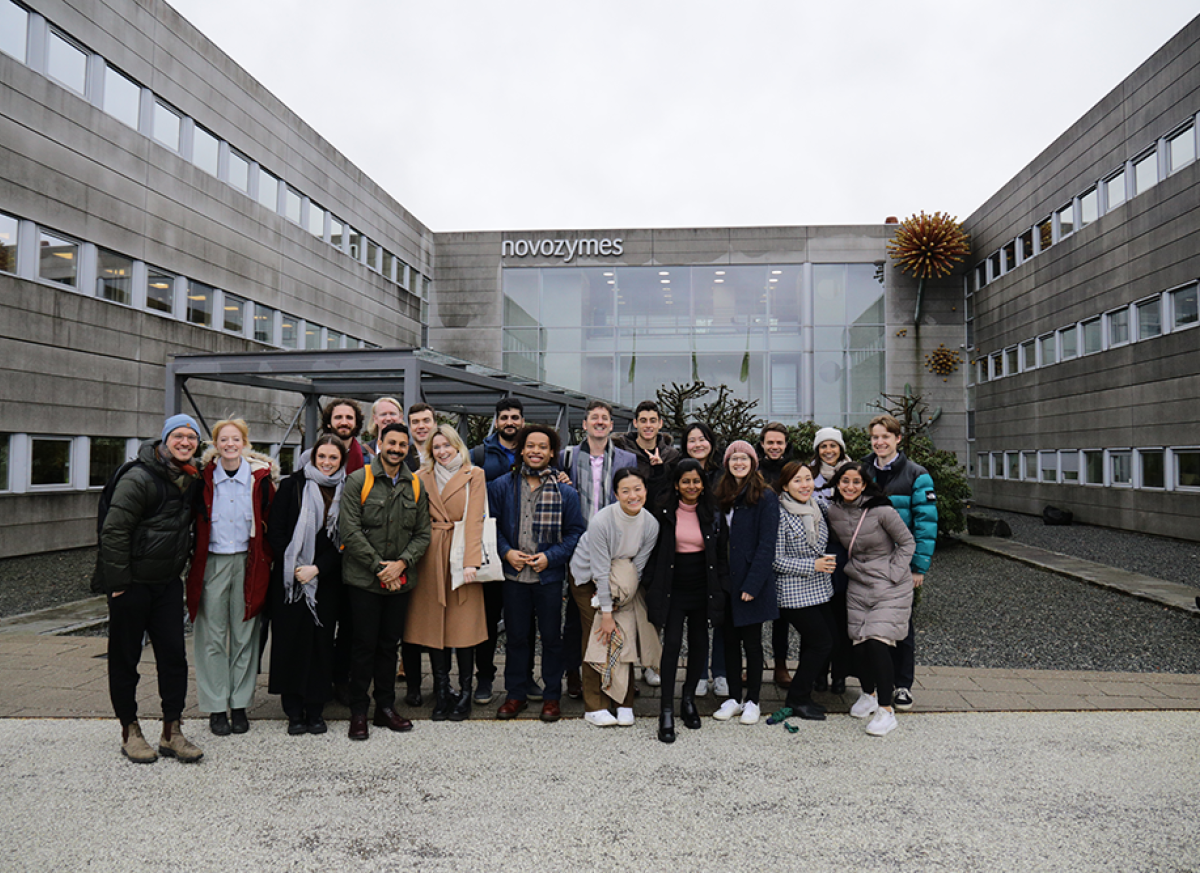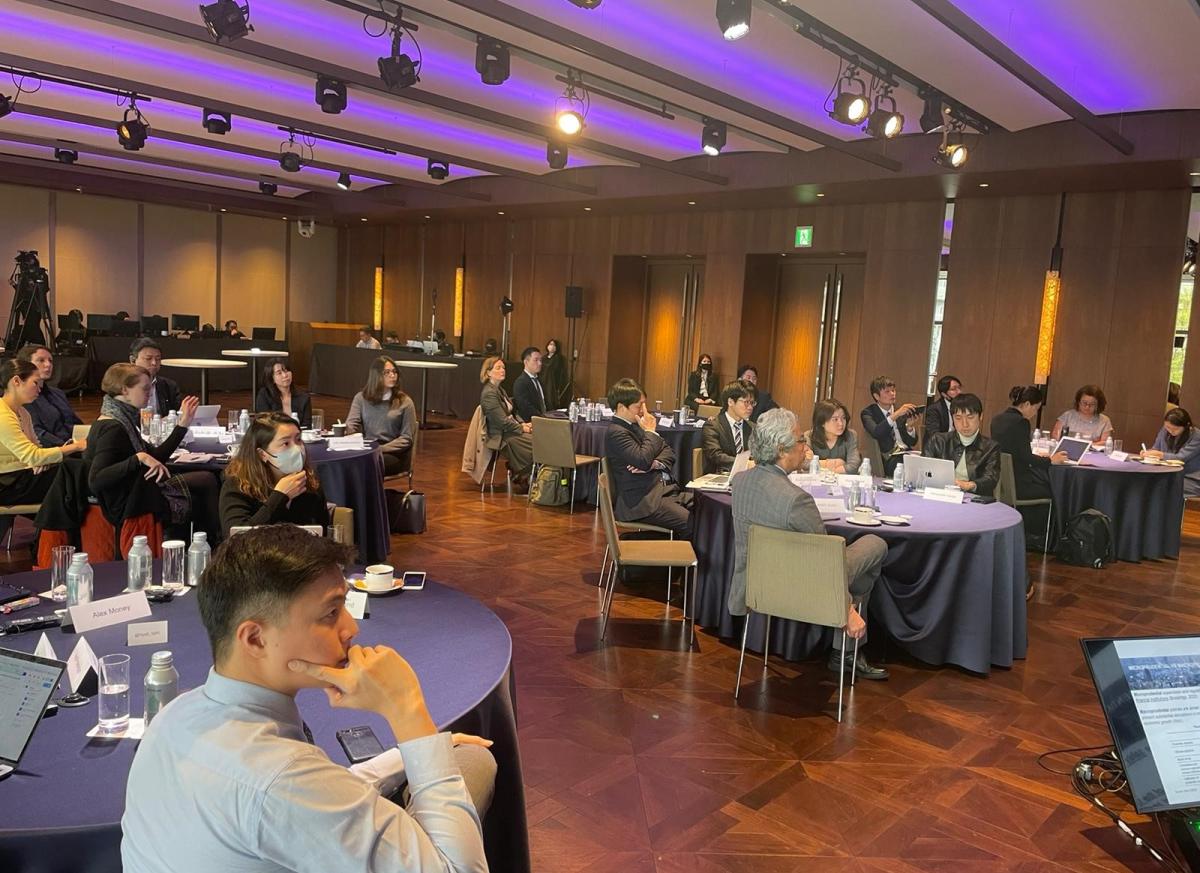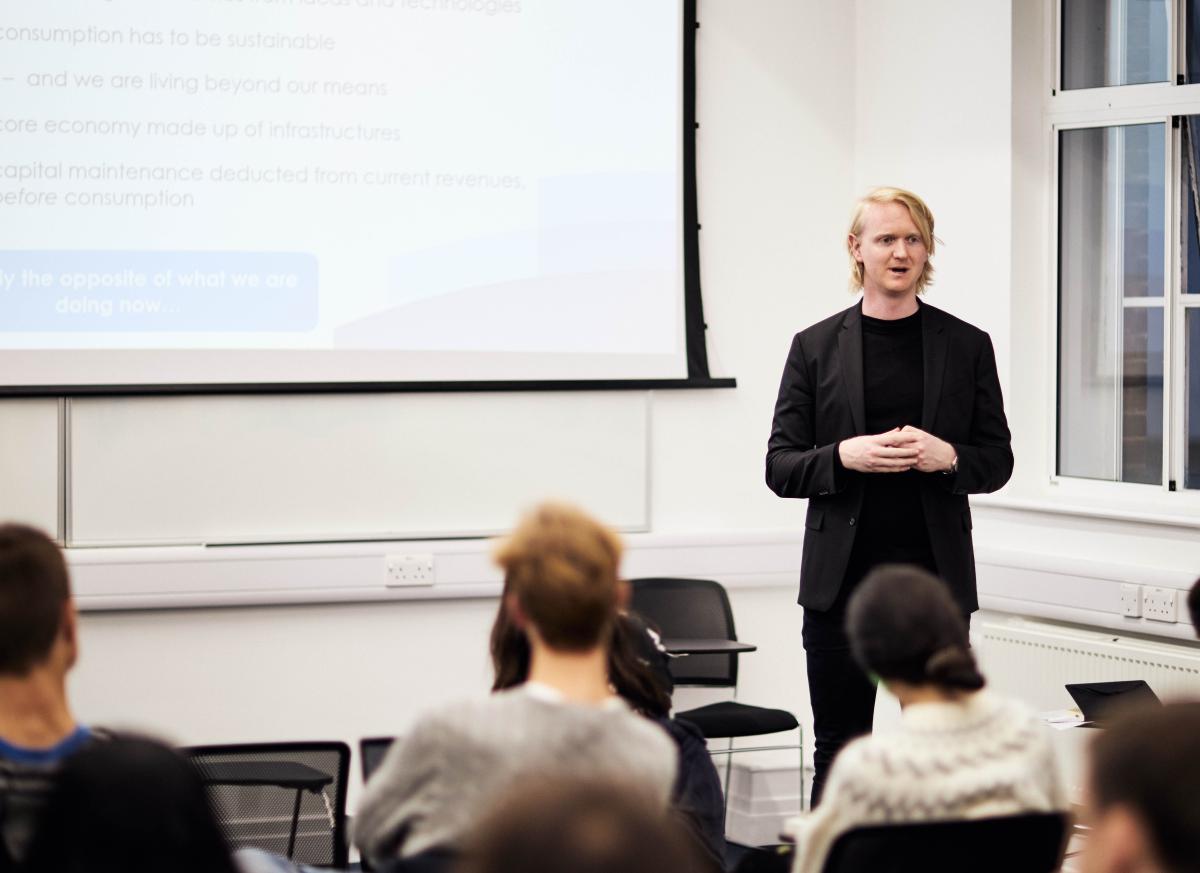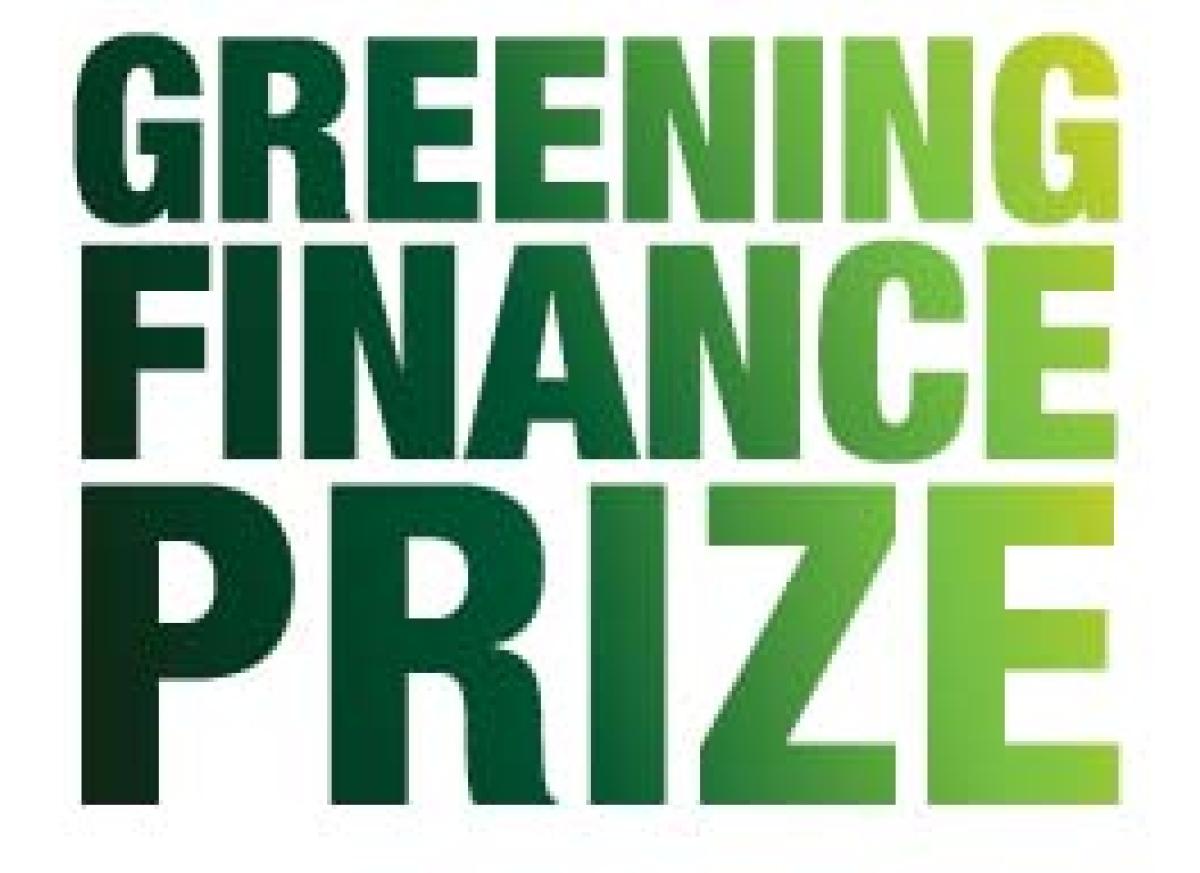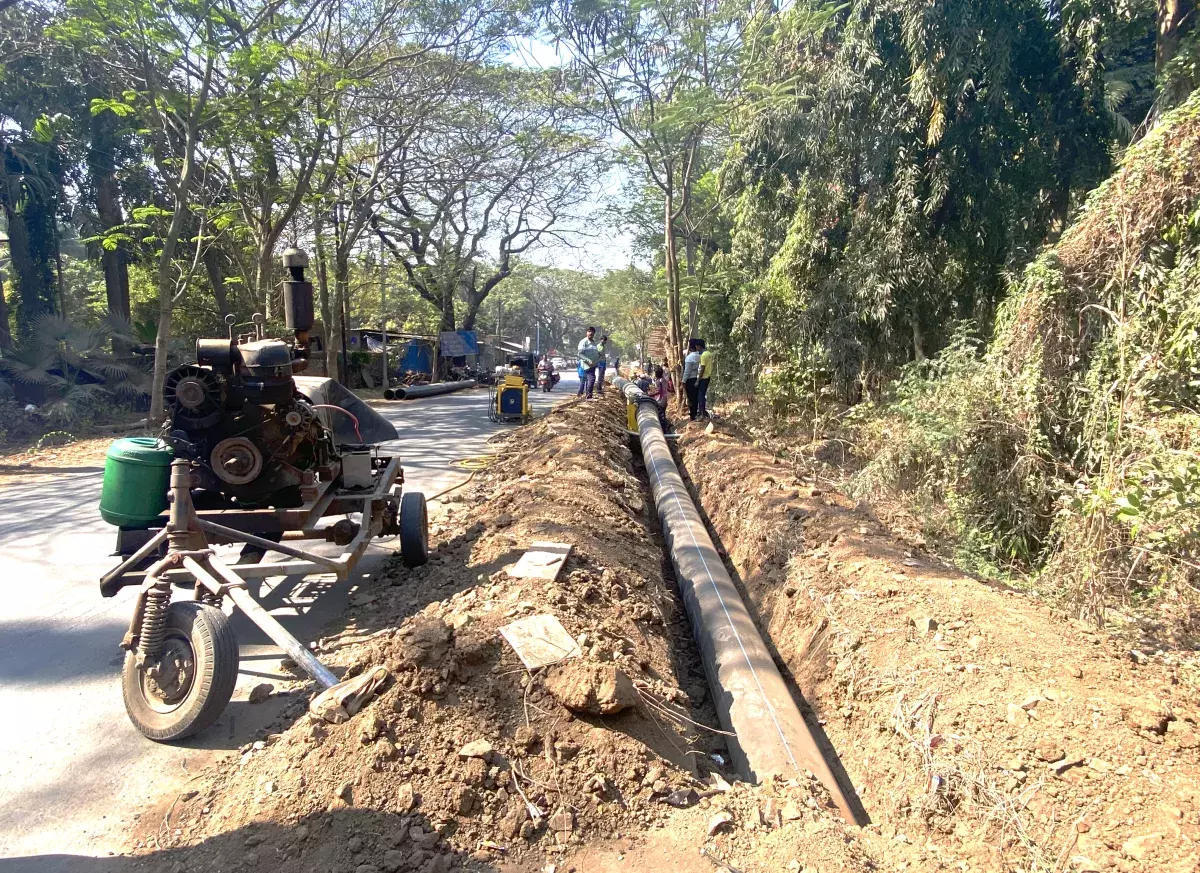News
MSc students visit Denmark to understand the Scandinavian approach to sustainable enterprise
Each year, students studying the Smith School’s MSc in Sustainability, Enterprise and the Environment (MSc SEE) embark on a week-long field trip to Denmark to visit and learn from leading companies in one of the world’s most sustainable countries.
Stranded nations: research reveals countries that could be left behind by net zero transition
New Oxford-led research has revealed the 20 countries that are most likely to struggle to adapt to a global low carbon economy.
Climate change is accelerating – and the UK government is ‘strikingly unprepared’
Professor Sam Fankhauser puts the Climate Change Committee's criticisms of the UK government into context in this article for The Conversation. "Taking adaptation seriously is crucial because extreme weather is one of the most immediate ways in which the public will experience climate change... The UK government has two immediate opportunities to change tack, and it should take them both." he said.
UN 2023 Water Conference: 3 ways to speed progress for water by 2030
"As carbon is a mitigation story, water is the adaptation story." Professor Rob Hope set out expectations for the second ever global water conference in New York.
P3S Academy delivers masterclass in Sustainable Finance for Japanese policymakers and regulators
On Monday 27 March the Public and Third Sector Academy for Sustainable Finance (P3S Academy) at the University of Oxford held a Masterclass in Sustainable Finance for Japanese policymakers and regulators.
Smith School expands its flagship MSc programme
The MSc in Sustainability, Enterprise and the Environment (MSc SEE) at the Smith School of Enterprise and the Environment, University of Oxford is expanding in 2023 and will admit 35 students in its September intake, up from 25 in previous years.
Oxford & Insight Investment launch research prize for green finance
The University of Oxford has announced a new research prize for greening finance, established with an endowment from Insight Investment, a £653.6bn1 global asset and risk manager.
Budget 2023: Chancellor backs nuclear and carbon capture in 'energy reset' - but leaves 'glaring gaps' in onshore wind, creaking grid, home insulation
Dr Steve Smith told Sky that the extra Government funding for carbon capture and storage in this week's budget was "good news" but would need extra policy decisions from government to become viable.
Corporate greenwashing: The lawyers are coming
Greenwashing may be one of the greatest emerging legal risks across corporate sectors worldwide, writes Ben Franta in ECGI. "Once a topic of relatively niche concern, the spectre of greenwashing liability continues to grow as more brands seek to portray themselves as climate-friendly and lawyers (and the broader public) get wise to the fact that not all that appears green is what it seems."
The UN Water Conference is a rare window of opportunity
The UN will host the second global water conference in New York on 22-24 March, over forty years after the first gathering in Argentina in 1977. Rob Hope asks: why so long? And, what can this event hope to deliver?
Keeping piped water flowing in rural India
Maintaining piped networks in rural India to keep water flowing in functional household tap connections is an increasing priority.
MSc graduate wins venture funding for proptech startup
Lucy Lyons, a graduate of the Oxford Smith School’s MSc in Sustainability, Enterprise and the Environment has secured investment funding from start-up accelerator Carbon13 for her start-up Kestrix, which she co-founded in 2022.

